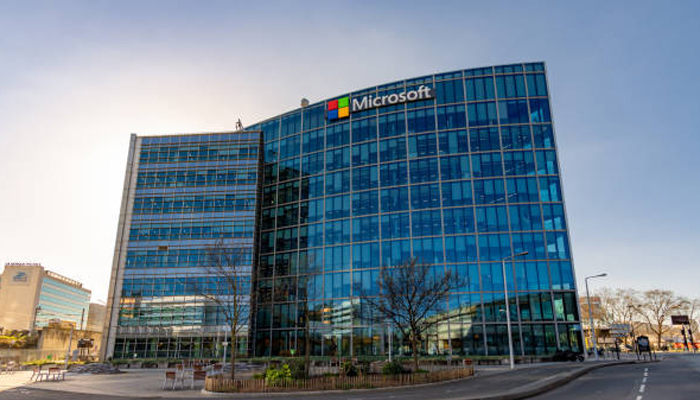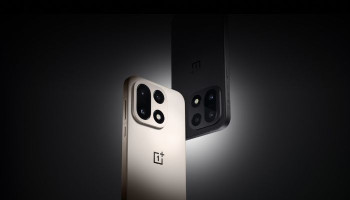
Microsoft has been gearing up to reveal multiple pieces of consumer device hardware and software on Monday during an event on its Redmond, Washington campus.
The Windows manufacturer is likely to unveil a new version of its Surface Pro tablet and Surface Laptop, which will employ Qualcomm chipset based on Arm Holdings' architecture.
After Intel's CPUs controlled the personal computer industry for decades, Qualcomm and other suppliers of low-power Arm components attempted to compete in the Windows PC market.
Moreover, the Qualcomm Snapdragon X Elite CPUs have a neural processing unit, which is intended to boost AI-focused apps like Microsoft's Copilot software. Microsoft's product event held a day before the commencement of its annual developer conference, is available to journalists and industry experts who come in person. It will not be live-streamed.
Read more: Microsoft event today — What to expect from Microsoft Build 2024
However, Microsoft hopes to maintain its early lead in the battle to develop AI capabilities that people are ready to pay for. Its collaboration with ChatGPT developer OpenAI enabled it to outperform Alphabet, opening a new chapter, as other big tech companies compete to dominate the growing area.
OpenAI and Alphabet's Google demonstrated competing AI systems that can reply to voice commands in real-time and be interrupted, both of which are trademarks of realistic speech interactions that AI voice assistants have struggled to replicate.
Google also stated that it was adding additional generative AI elements to its profitable search engine. Apple has put growing pressure on the PC sector since the business released its CPUs based on Arm technologies and rejected Intel processors.
In addition, Apple-designed CPUs have provided Mac computers with longer battery life and faster performance than competing chips that require more energy.
In 2016, Microsoft tasked Qualcomm with leading the work to migrate the Windows operating system to Arm processor architectures. Qualcomm has a monopoly on Microsoft Windows devices, which expires this year.
















